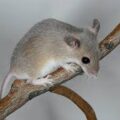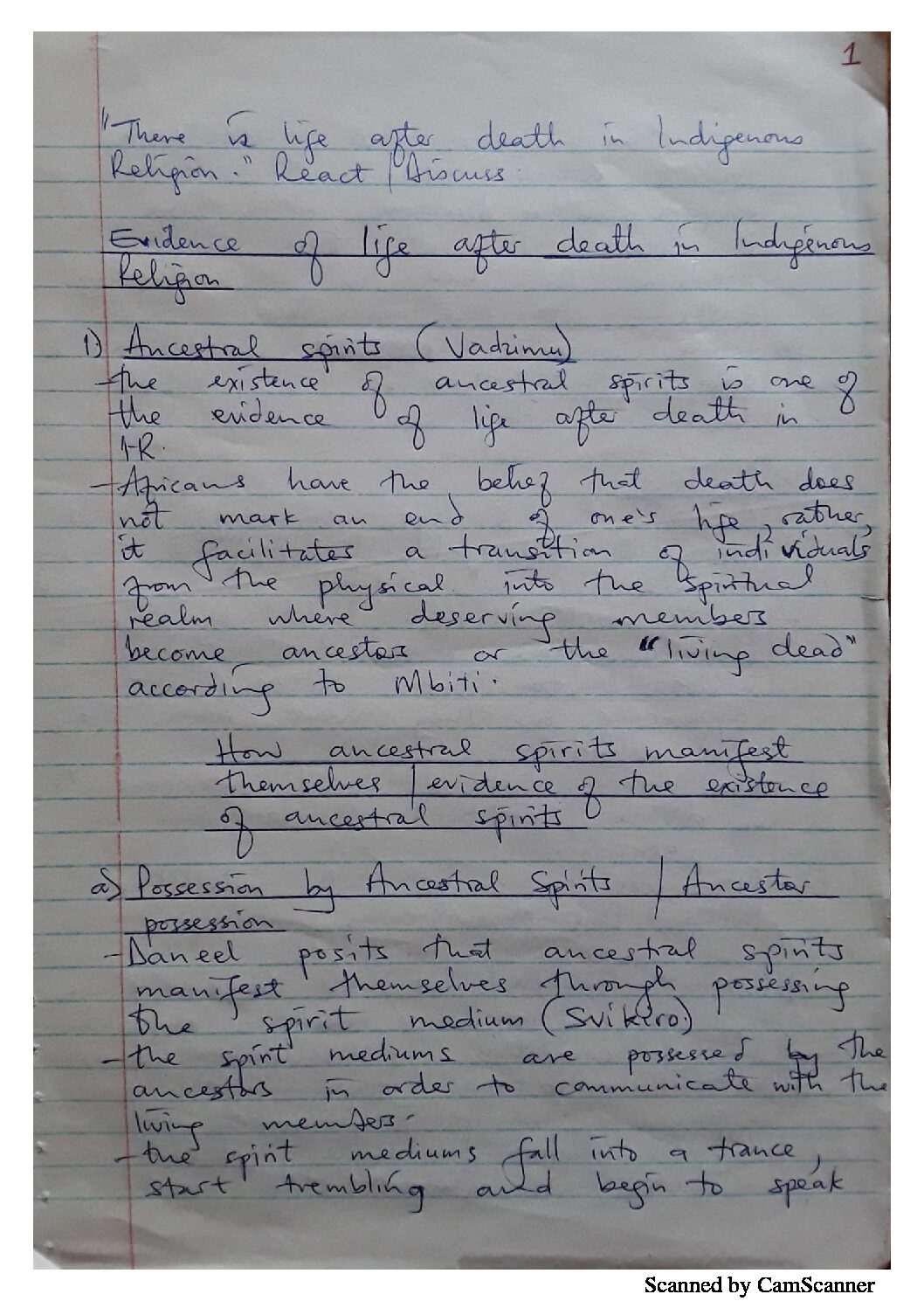The Supreme Being in Indigenous Religion has a plethora of attributes which are also ascribed to the names given to him by the Indigenous peoples. These characteristics include but are not confined to; omnipresence, omnipotence, eternity, immanence and transcendence. However, some of these attributes have been questioned by scholars of religion as they appear to be in contradiction with the cosmology of the Indigenous peoples. The impulse of this essay is to interrogate the qualities of the Supreme Being in Indigenous Religion.
To commence with, the Supreme Being in Indigenous Religion is considered omnipresent. This means that he is found everywhere. This is evidenced in the Shona noun given to him “Mwari,” a deravative from the Shona verb “kumwararika” meaning to be scattered everywhere. This suggests that the Supreme Being is found all over. On the contrary, the omnipresence of Mwari is questionable on the basis that the indigenous peoples worship him at sacred places which are considered to be his abode. For Daneel (1970), he was worshipped at places such as Matonjeni and Matopo Hills while Zivave notes that he is worshipped at places such as grooves, caves, shrines and under the Muhacha tree. It is important to note that the existence of sacred places have been dismissed to challenge God’s omnipresence as they explain how he is revered and respect by adherents who gather to worship him. Therefore, the Supreme Being in Indigenous Religion is omnipresent.
To add on, the Supreme Being in Indigenous Religion is deemed to be omnipotent. This implies that he is all-powerful. The Ndebele and Shona God, “Unkulunkulu” and “Samasimba” respectively possesses all-power. This is evidenced in his ability to create and destroy. He is said to have created the universe and people. However, His strength has been questioned as He is assisted to administer the world by the ancestors. It is suffice to acknowledge that although He is approached through ancestors, that does not dismiss his power which is beyond human comprehension but in fact asserts that he is at the apex and the ultimate, final authority. Thus, the Supreme Being in Indigenous Religion is omnipotent.
In addition, the Supreme Being in Indigenous Religion is believed to be eternal. This means that he is everlasting. The Indigenous peoples call him “Ziendanakuenda” or “Mutangakugara” implying that he was the first to exist and will always exist. Furthermore, he is said to be a grandancestor “Zitateguru” showing that he has always been there. On the contrary, the existence of the Supreme Being is questionable on the basis that he lives without age and at the same time him being called a grandancestor means that he succumbed to death since death is one of the qualifications for ancestorship. It should be clearly spelt out that this should not be used to disqualify God’s eternal nature as it not only shows that he has been there since time immemorial and is not confined by time but also very cherished and respected. Hence, the Supreme Being in Indigenous Religion is eternal.
Moreover, the Supreme Being in Indigenous Religion is taken as both immanent and transcendant. This means that he lives within his creation on earth and above it in heaven. This is evidenced in his names,” Mambo Wepasi pano” and “Wekumusoro kudenga” respectively. However, it is paradoxical to be on earth and at the same time in heaven. This can not be used to discredit God but instead portrays his uniqueness and extraordinariness. Therefore, the Supreme Being is immanent and transcendent in Indigenous Religion.
Adding on, the Supreme Being is considered the creator of all things. This means that “Musiki” or “Umdali” is that force behind all creation. God created the universe, mountains, human beings and even seas. However, the creating ability of God is limited given that to create means making from another. It remains questionable whether Musiki creates from his own creation. Besides that, human beings also have creating abilities as they create several products like claypots. It is key to note that this cannot be used in dismissal of God’s creating ability as none can create mankind besides him. Thus, the Supreme Bring is the creator.
In a nutshell, this paper has closely looked into the attributes, qualities and characteristics of God in Indigenous Religion which are closely knit with the names ascribed to Him. These among many include; omnipresence, omnipotence, eternal, the creator, immanent and transcendent. One can conclude that God in Indigenous Religion possesses multiple characteristics.



